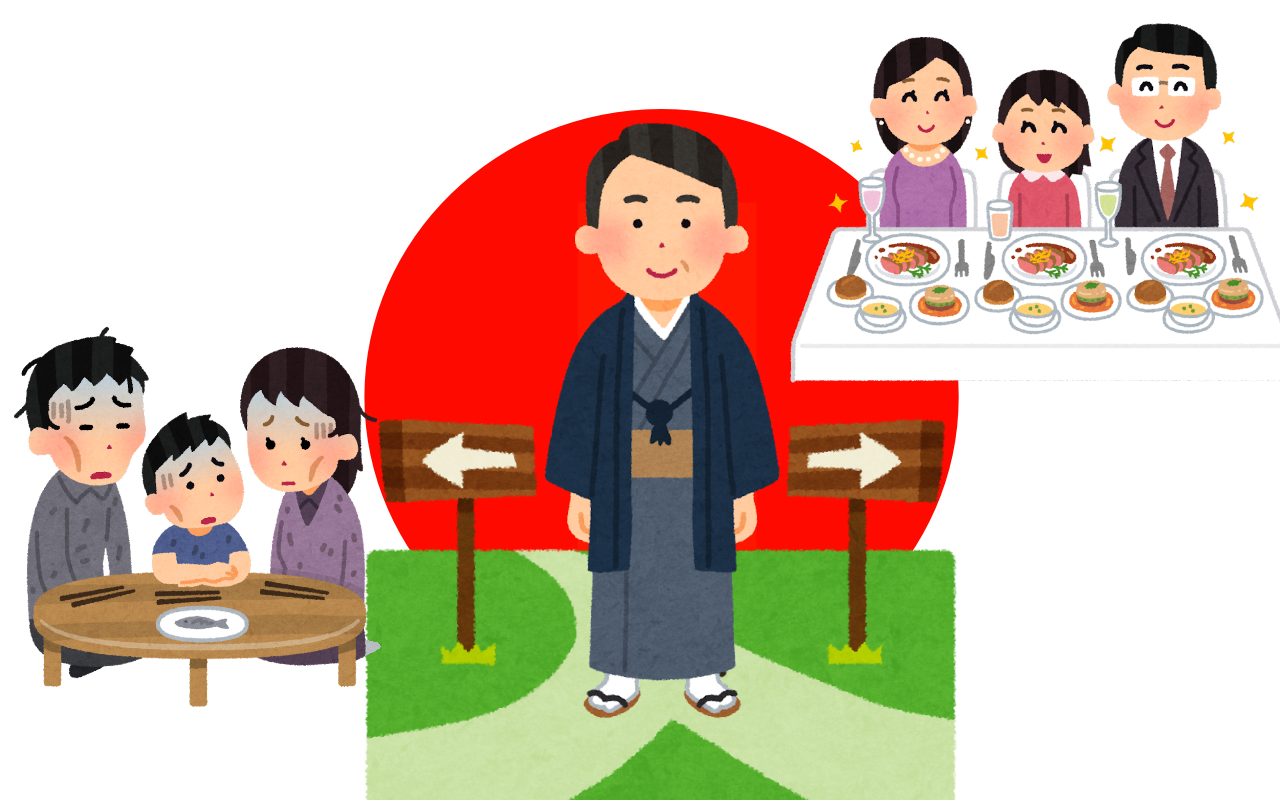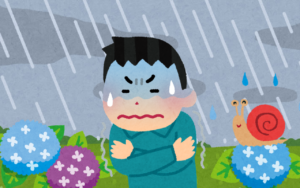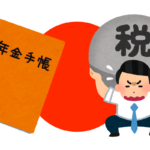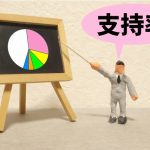
Yesterday's Nihon Keizai Shimbun carried an article titled "Individual Money, ¥8 Trillion a Year in Overseas Stocks.。
According to the article, the amount invested in overseas stocks via domestic mutual funds amounted to 2.3 trillion yen from January to May. Since the amount invested in domestic stocks during the same period was only 350 billion yen, the difference is about 6.6 times greater.
As this blog has been warning, households' assets have begun to flee overseas in earnest.
The reason behind the increase in foreign investment of private money is that the world's economies are growing, but only Japan's growth has stalled.
Personal income is not increasing, but rather decreasing. Social insurance premiums and consumption taxes are going up.
Real wages have fallen to 87 in 2019 from 100 in 1990.
Households' disposable income is falling rapidly. In other words, Japanese people are getting poorer year by year.
With disposable income decreasing year by year, many Japanese are saving as much money as possible and putting it into savings due to uncertainty about the future. The result is ¥2,000 trillion in personal financial assets.
Most of these financial assets are bank deposits, but the interest rate on deposits is only 0.001-0.002%; even if you deposit 1 million yen, you will only get 10-20 yen in interest.
News reports on the ¥20 million retirement problem (an average household of two pensioners needs ¥20 million to fund their retirement) have stirred up economic anxiety among many Japanese, including the younger generation, about their retirement.
Since bank deposits do not earn interest, some funds have begun to turn to small investment tax-exempt accounts (NISA). At the end of last year, the number of NISA accounts exceeded 11 million, and the total amount of non-taxable purchases amounted to 17 trillion yen at the end of June last year.
A portion of these investment trusts are going into high-yielding overseas stocks.
Even though the overseas investment of private money will eventually return to Japan, it will not be good for the Japanese economy because in the meantime, the money earned domestically will flow overseas and be used for the growth of foreign companies and their countries.
Moreover, selling the yen to buy foreign currencies (mainly U.S. dollars) to buy stocks contributes to the yen's depreciation. When the yen depreciates, the price of imported goods from abroad increases, which raises domestic prices in Japan. As prices rise, households struggle to make ends meet and cannot afford to buy things, resulting in lower consumption and lower sales for companies. As companies become less profitable, salaries do not increase, but rather decrease.
In this way, the Japanese people fall into a vicious cycle of becoming poorer.
Before the new Corona disaster, Japan had been trying to stimulate the economy by attracting overseas tourists because domestic consumption in Japan was not growing, but even in the year when this inbound income was the highest, it was 4.8 trillion yen.
This is only 60% of the 8 trillion yen in foreign investment that flowed out during the past year.
It is not that Japanese people do not have money. They are saving and investing because they are concerned about the future.
Everyone should want to live a little richer. If we can remove even some of our fears, we can use the money we are putting into savings for our current happiness.
I think the economy will improve with increased consumption without relying on inbound travel.
The Ministry of Finance is actively advocating a primary balance surplus. If the LDP wins the House of Councillors election in the summer, a consumption tax hike may be on the horizon. (For starters, foodstuffs, which have been provisionally held at 8%, would be raised to 10%.)
What is needed now, however, is for politics to come up with and implement policies that will make the people feel a little brighter about the future.
I believe that as the people become wealthier, the primary balance will naturally move into the black.









